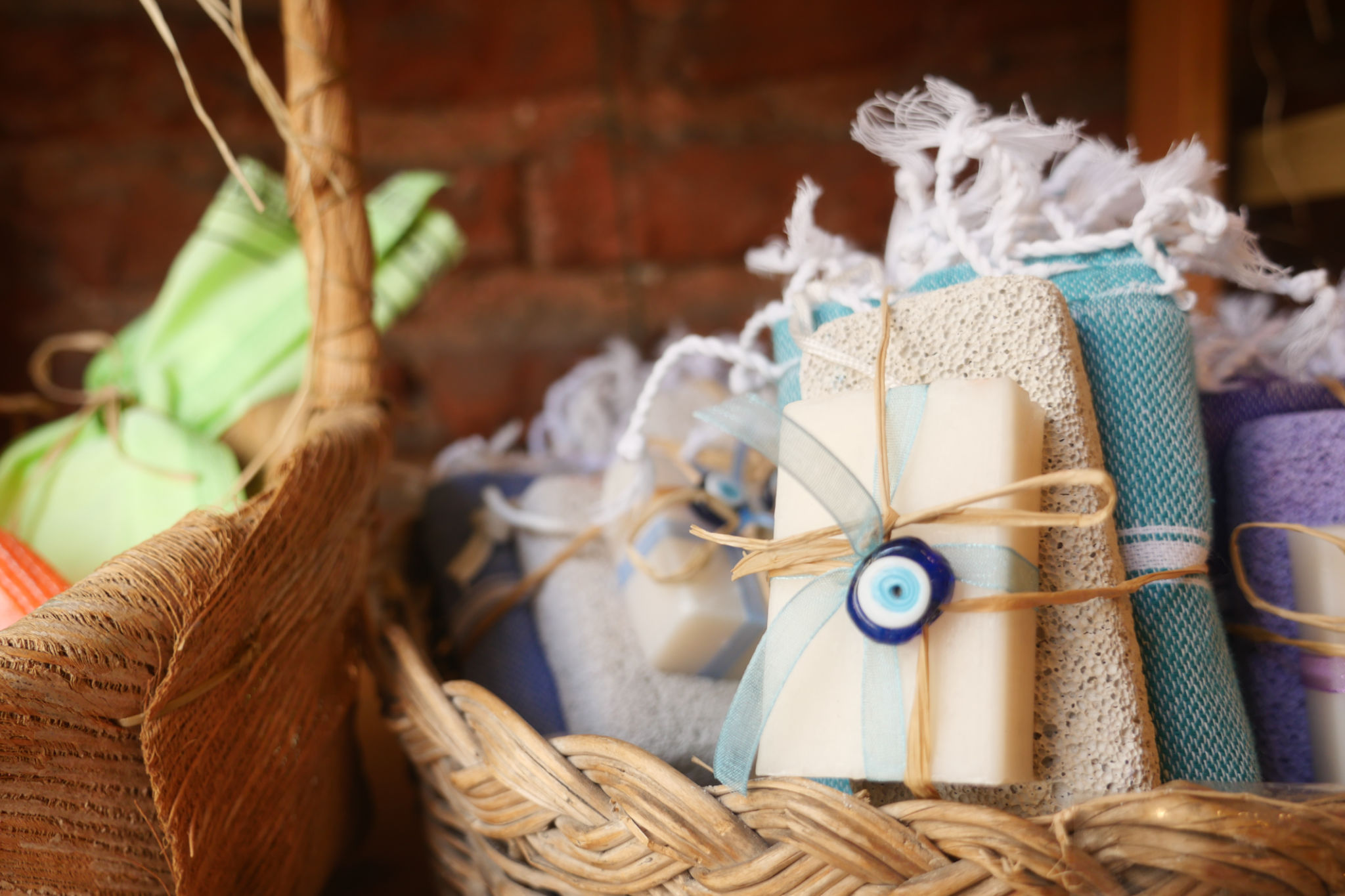The Environmental Impact of Fast Fashion: Why Choose Sustainable Ethnic Wear?
Understanding Fast Fashion
Fast fashion is a term used to describe the rapid production of clothing that mimics current fashion trends at an affordable price. While this business model has made trendy clothing accessible to many, it comes at a significant environmental cost. The industry is notorious for its high consumption of water and energy, as well as the use of toxic dyes and non-biodegradable materials. These factors contribute to pollution and waste, creating a pressing environmental issue.
The cycle of fast fashion is incredibly short, with new collections being introduced almost weekly. This leads to a culture of disposability, where clothing is often worn only a handful of times before being discarded. As a result, landfills are overwhelmed with textile waste, and the production process continues to strain natural resources.

The Benefits of Sustainable Ethnic Wear
Choosing sustainable ethnic wear is an excellent way to counteract the negative impacts of fast fashion. Sustainable clothing often involves traditional techniques and natural fabrics that are kinder to the environment. By opting for ethnic wear made from organic cotton, linen, or hemp, you can reduce your carbon footprint significantly.
Moreover, sustainable ethnic wear supports local artisans and promotes the preservation of cultural heritage. Many ethnic garments are crafted using age-old methods that have been passed down through generations. This not only maintains traditional craftsmanship but also provides economic stability to communities that rely on these skills.

Why Go Green in Your Wardrobe?
Switching to sustainable ethnic wear can be a meaningful step towards a more environmentally conscious lifestyle. Here are some compelling reasons to make the change:
- Environmental Conservation: By choosing garments made from eco-friendly materials and processes, you help preserve natural ecosystems.
- Supporting Ethical Practices: Sustainable brands often ensure fair wages and safe working conditions for their workers.
- Quality Over Quantity: Ethnic wear is often handcrafted with care, resulting in higher quality garments that last longer than fast fashion items.
Making Mindful Fashion Choices
Transitioning to sustainable ethnic wear doesn't mean you have to completely overhaul your wardrobe overnight. Start small by incorporating a few key pieces and gradually shifting towards more ethical choices. Look for brands that prioritize sustainability and transparency in their production processes.
Consider attending local markets or fairs where you can directly support artisans and learn about the origins of your clothing. This not only enriches your wardrobe but also allows you to become part of a movement that values quality, heritage, and sustainability over fleeting trends.

The Future of Fashion
The future of fashion lies in sustainability. As more consumers become aware of the environmental impact of their clothing choices, the demand for eco-friendly options will continue to grow. By choosing sustainable ethnic wear, you are not only making a positive impact on the planet but also challenging the fast fashion industry to adopt more ethical practices.
Ultimately, every purchase decision matters. By prioritizing sustainability in your fashion choices, you contribute to a healthier planet and support a future where fashion is both beautiful and responsible.